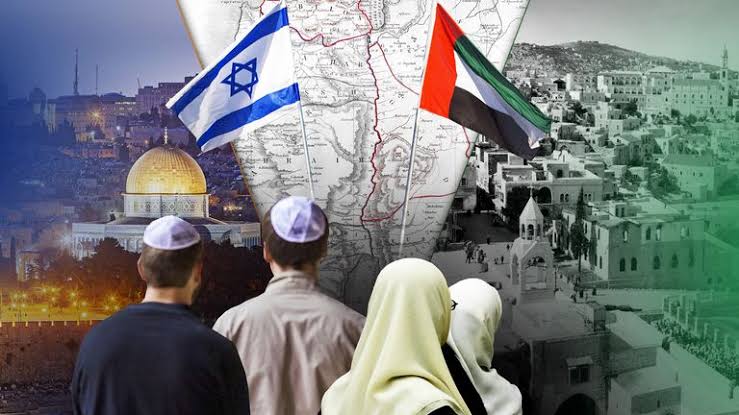The Israeli Palestinian conflict is a long-standing territorial dispute that traces back its roots to the late 19th century. It involves a complex web of political, religious, and cultural factors that have fuelled tensions between Israelis and Palestinians for decades.
Both Israelis and Palestinians lay claim to the land of Israel and Palestine, citing historical and religious ties to the region. The competing narratives of each side contribute to the ongoing struggle for control over key territories such as Jerusalem and the West Bank.
Numerous international organizations and countries have attempted to broker peace agreements between Israelis and Palestinians, with varying degrees of success. However, deep-rooted divisions and conflicting interests continue to impede lasting peace in the region.
Extremist groups on both sides have played a significant role in perpetuating the Israeli Palestinian conflict, resorting to acts of terrorism and violence to further their agendas. These groups often exploit the grievances and vulnerabilities of marginalized communities to advance their radical ideologies.
Despite the seemingly intractable nature of the Israeli Palestinian conflict, there remains a glimmer of hope for a sustainable resolution. Through dialogue, empathy, and a genuine commitment to mutual understanding, there is a possibility of forging a path towards peace and coexistence in the region.
The Israeli-Palestinian conflict remains a contentious issue in the year 2024, with no clear end in sight. The conflict dates back many years and is deeply rooted in historical, religious, and political differences between the two sides. As of 2024, tensions between Israelis and Palestinians are at an all-time high. Both parties have engaged in violent clashes, resulting in loss of lives and widespread destruction. The international community continues to monitor the situation closely, with many calling for a peaceful resolution to the conflict.
Several factors contribute to the ongoing Israeli-Palestinian conflict. These include territorial disputes, security concerns, and differing perspectives on the right to self-determination. Additionally, external influences from neighbouring countries and global powers further complicate the situation.
The conflict has had a devastating impact on civilians living in the region. Many have been displaced from their homes, and basic services such as healthcare and education have been severely disrupted. The psychological toll on individuals, especially children, is immeasurable.
Numerous attempts have been made to broker peace between Israelis and Palestinians, including peace talks and international interventions. However, deep-seated mistrust and diverging interests have hindered progress towards a lasting resolution.
As the Israeli-Palestinian conflict continues into 2024, the prospects for peace remain uncertain. Both sides must demonstrate a willingness to engage in meaningful dialogue and compromise in order to achieve a sustainable peace agreement.
The Israeli-Palestinian conflict in 2024 remains a complex and volatile issue that requires concerted efforts from all parties involved to achieve a lasting and peaceful resolution. The international community must play crucial role in supporting peace-building initiatives and promoting dialogue between Israelis and Palestinians. For now, the prospect of peace remains bleak as the war wages on and the death toll continues to rise.


No Comments